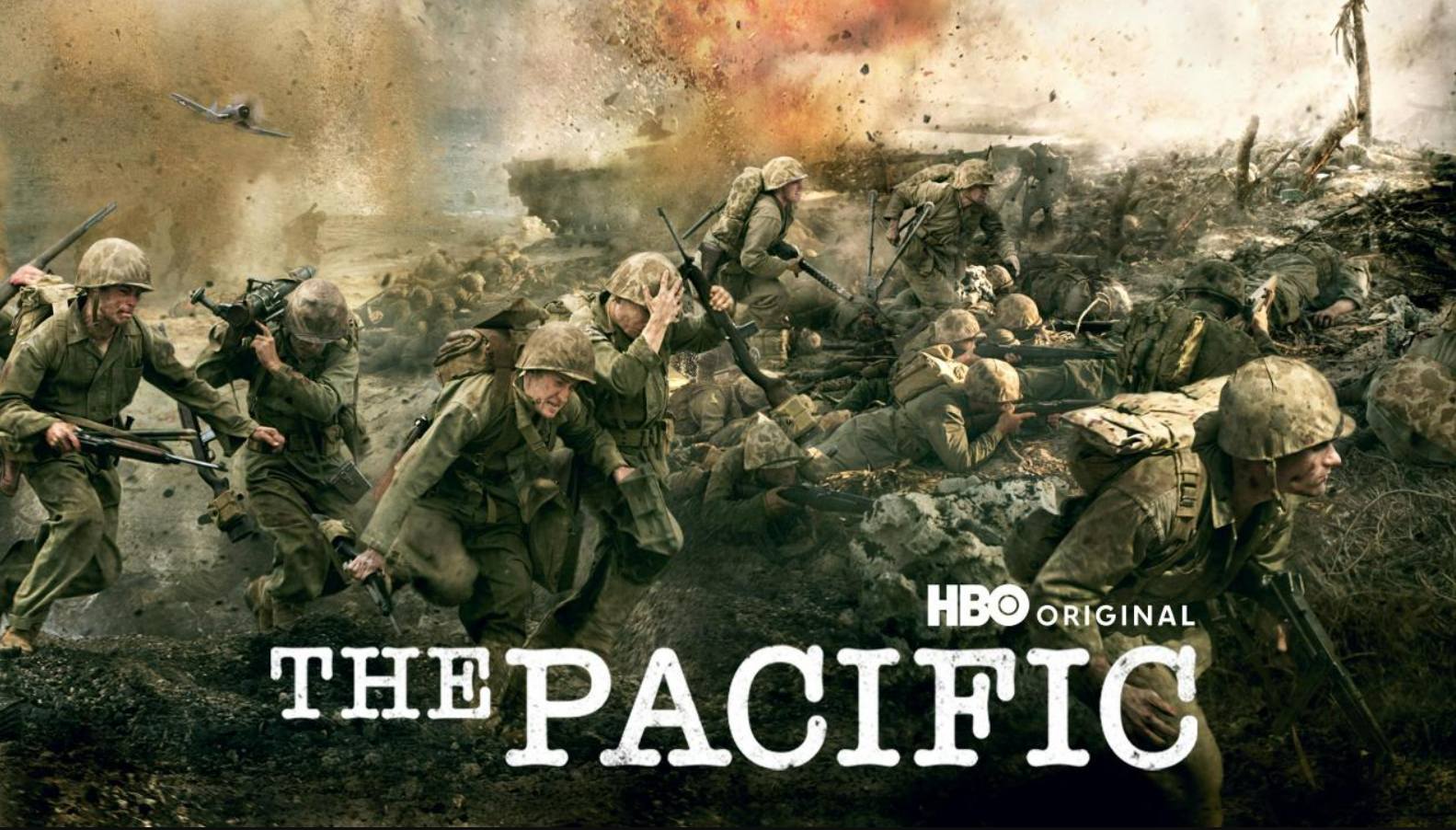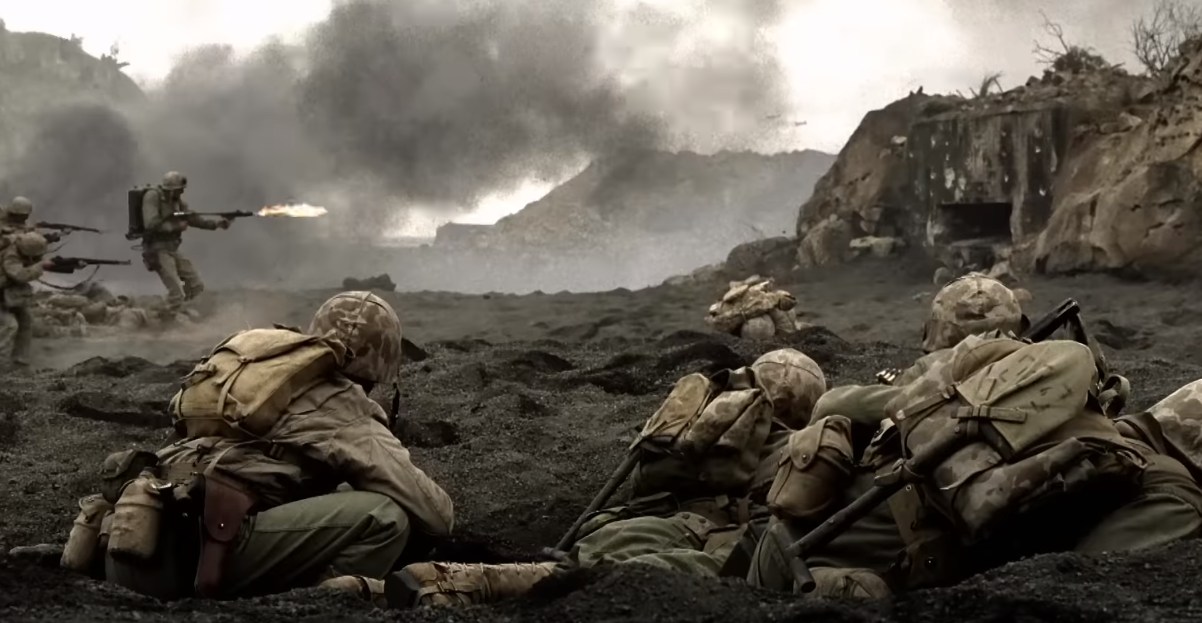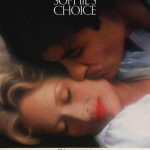The pacific (2010)
“The Pacific” (2010) is a ten-part miniseries produced by HBO and based on the experiences of U.S. Marines in the Pacific Theater during World War II. Created by Tom Hanks, Steven Spielberg, and Gary Goetzman, it serves as a spiritual companion to the acclaimed miniseries “Band of Brothers” (2001), focusing on the Marines’ brutal and harrowing experiences across various islands in the Pacific. Here’s a detailed review:
Historical Accuracy and Depth: “The Pacific” is praised for its historical accuracy and attention to detail. The miniseries is based on the memoirs of real Marines—Hugh Ambrose’s “The Pacific,” along with the works of Eugene Sledge (“With the Old Breed”) and Robert Leckie (“Helmet for My Pillow”). The miniseries does a commendable job of portraying the grim realities of war, from the fierce combat to the psychological toll on soldiers.
Cinematography and Production Values: The production values of “The Pacific” are exceptional. The series boasts high-quality cinematography, with sweeping battle scenes and intense close-ups that immerse viewers in the chaos of war. The attention to detail in set design, costumes, and special effects helps create a vivid and realistic portrayal of the Pacific Theater. The battle sequences are particularly well-executed, showcasing the ferocity and scale of the conflicts.
Character Development and Performances: The series features a strong ensemble cast, including James Badge Dale, Joseph Mazzello, and Jon Seda, among others. The performances are compelling, with each actor bringing depth to their characters. The miniseries focuses on the personal stories of several Marines, offering insight into their backgrounds, struggles, and growth throughout the war. The character development is nuanced, showing both the heroism and vulnerability of the soldiers.
Themes and Emotional Impact: “The Pacific” delves into themes of bravery, camaraderie, and the brutal reality of combat. It doesn’t shy away from depicting the horrors of war, including the psychological trauma experienced by soldiers. The emotional weight of the series is significant, highlighting the personal sacrifices and moral dilemmas faced by the Marines. It effectively conveys the sense of fear, determination, and brotherhood among the men who fought in the Pacific Theater.
Pacing and Structure: The miniseries is well-paced, though some viewers might find certain episodes more focused on specific battles or characters, leading to shifts in narrative focus. Overall, the structure allows for a comprehensive exploration of the various facets of the war and its impact on the Marines.
Comparison to “Band of Brothers”: While “The Pacific” shares some similarities with “Band of Brothers,” particularly in its focus on the experiences of soldiers during WWII, it distinguishes itself through its specific focus on the Pacific Theater and the unique challenges faced by Marines in that context. Both miniseries are highly regarded, but “The Pacific” offers a different perspective on the war, with its own set of stories and themes.
Overall, “The Pacific” is a powerful and immersive portrayal of World War II from the perspective of the U.S. Marines. It is a well-crafted series that provides a detailed and emotionally resonant account of the Pacific Theater, making it a worthwhile watch for those interested in military history and dramatic, character-driven storytelling.











